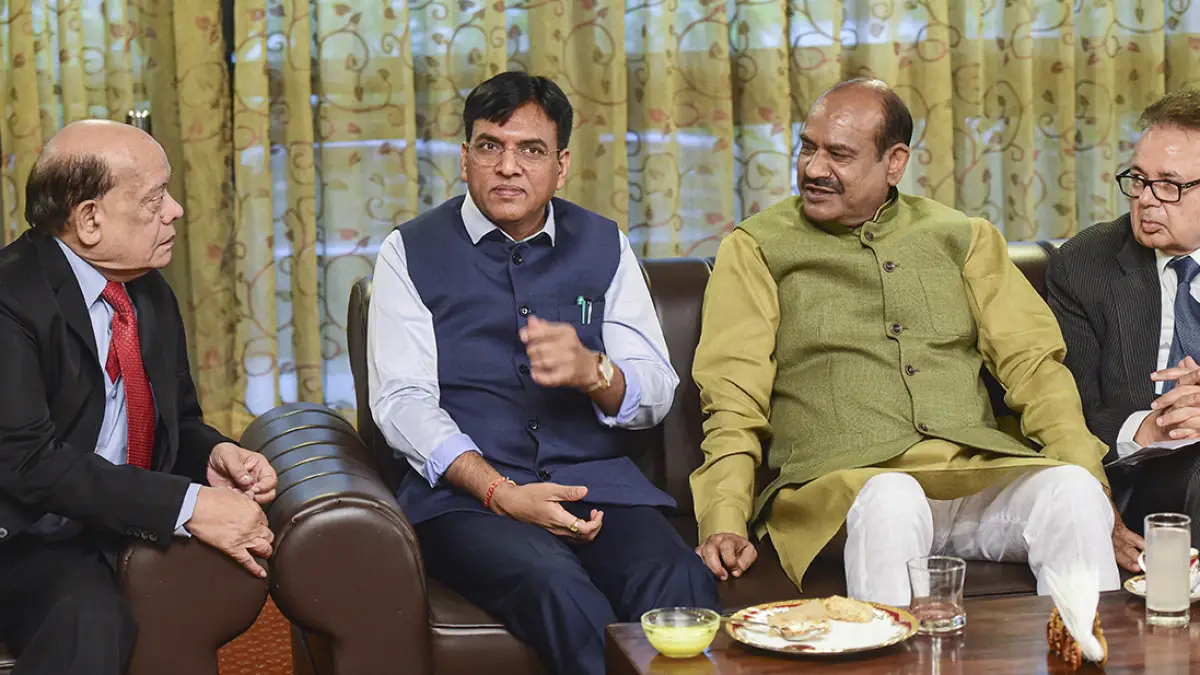
NEW DELHI, July 28: Vice President Venkaiah Naidu on Thursday exhorted Parliamentarians to take the cause of a hepatitis-free India to their constituencies and spread the message in vernacular languages for more impact.
Vice President and Chairman of Rajya Sabha Venkaiah Naidu, along with Speaker of Lok Sabha Om Birla, chaired an event on Thursday to sensitise the parliamentarians on hepatitis on the occasion of World Hepatitis Day 2022, a health ministry statement said.
Union Health Minister Mansukh Mandaviya apprised the audience on the situation of hepatitis in the country and explained the need to rapidly eliminate the disease, it said.
This year’s theme “bringing hepatitis care closer to you” aimed to simplify hepatitis care and to take hepatitis care to primary health centers and community locations, the statement said.
Thanking the parliamentarians for their enthusiastic participation, the vice president expressed his deep concern over the issue of hepatitis and called upon them to take the cause of a hepatitis-free India to their constituencies and spread the message in vernacular languages for more impact and to change the social fabric, it said.
Lok Sabha Speaker Birla called for collective action against hepatitis and emphasised the crucial role played by Parliament in disseminating the message in a country full of diversity.
He said it is the responsibility of the people’s representatives to ensure that their constituencies have constant identification and monitoring of the hepatitis patients and look after the needs of patients during and post treatment, the statement said.
Mandaviya said, “Prime Minister Narendra Modi ji played a huge role in moulding thinking of the country towards making health a ‘comprehensive’ subject by linking it with development.”
Giving examples of programmes like TB elimination, he said all these initiatives ultimately improve the social determinants of health, thereby improving the living standards of the people.
Underlining the challenges in the diagnosis of hepatitis in early stages, the health minister highlighted the importance of early detection of the disease for timely treatment, the statement said. “Our COVID-19 management learning has demonstrated that Test, Trace and Treat strategy worked well. Most people remain unaware of hepatitis at the early stages, as either they have no symptoms or there are such symptoms on the basis of which it is difficult to diagnose the disease.
“To allay this, and to reduce the burden of disease among the community, we need to screen high-risk groups including family members of hepatitis B patients and those who have received or are receiving repeated blood transfusions, are on dialysis, infected with HIV or whose immune system is compromised,” he noted.
Accentuating the New Global Health Sector Strategies for the period 2022-2030 that aim to eliminate HIV, viral hepatitis and sexually transmitted infections by 2030, Mandaviya highlighted that the number of deaths from hepatitis B in a day is more than the number of deaths from HIV in a year.
“Therefore, over the years, viral hepatitis B and C have become a global health problem and significant cause of death. Around 4,000 people die of viral hepatitis in a day in the world. About 40 million people in India are suffering from hepatitis B and C infection,” he added. (PTI)

